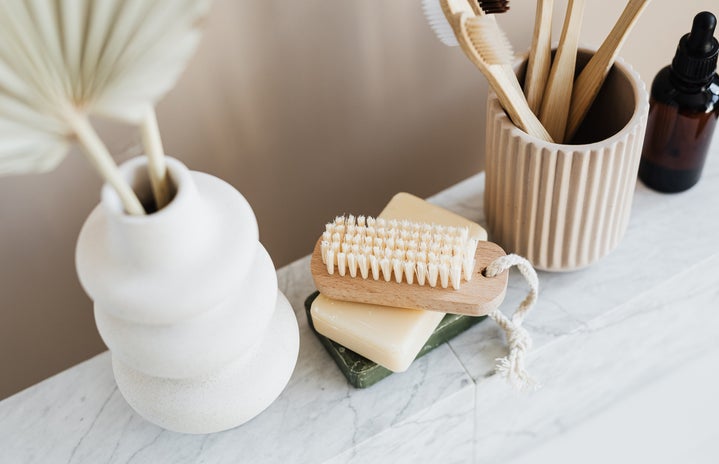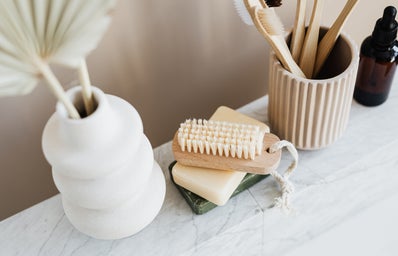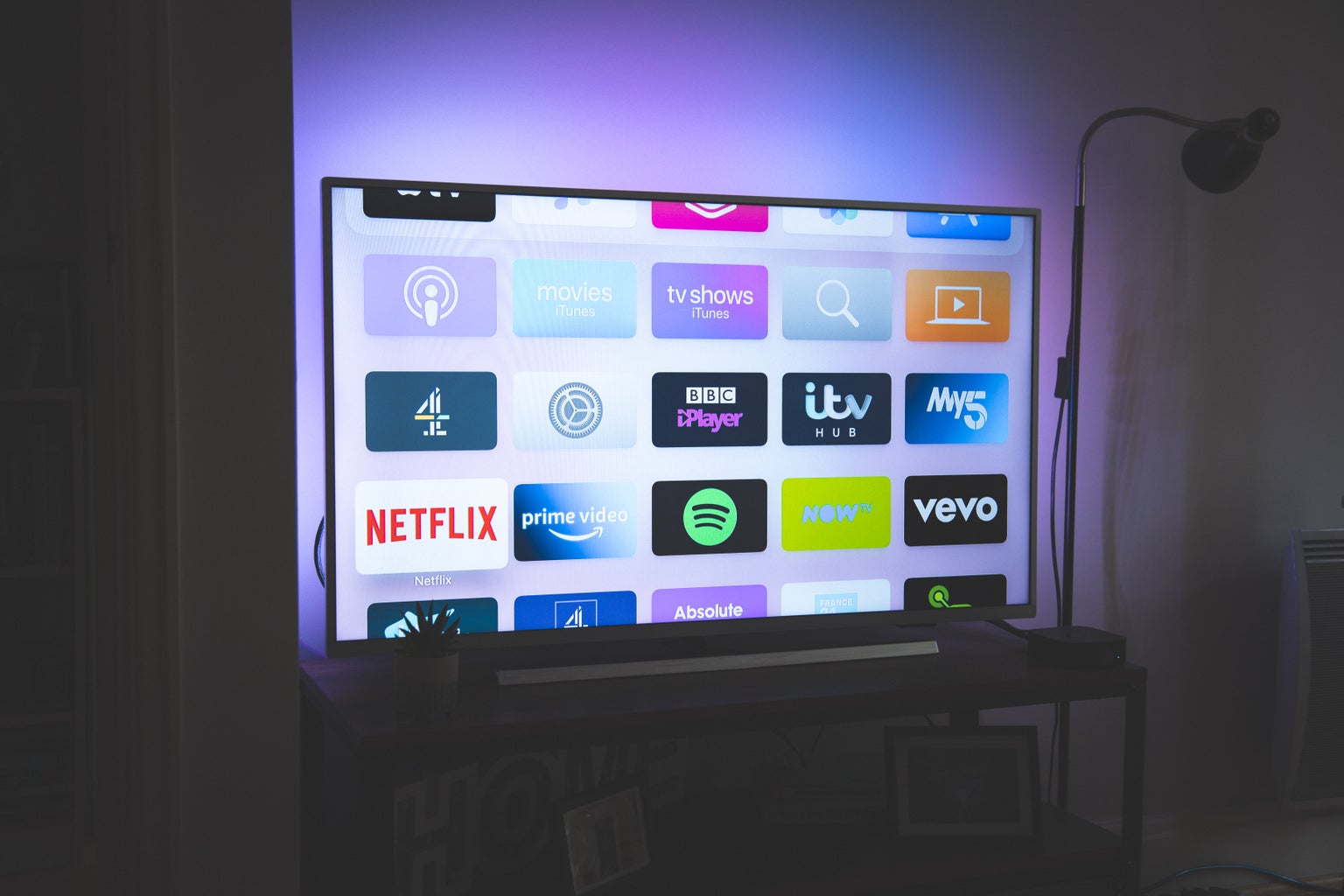With climate change worsening the environment, using less energy and reducing waste has only become more relevant over the last few years.
We’ve all heard the slogan “reduce, reuse, recycle,” but how can we actually do this? You hear “grow your garden” or “use solar panels,” but this might not be possible for everyone, especially college students.
However, there are easier ways to be environmentally friendly. This article lists accessible sustainability practices you might not have heard of. You’d be surprised how much some slight changes can reduce your carbon footprint.
- Use Bamboo Toothbrushes
-
Though traditional plastic toothbrushes are more common, bamboo toothbrushes are more sustainable, as bamboo trees grow quickly and are biodegradable.
Bamboo toothbrushes should be changed every two to three months. When you’re done using one, you can separate the nylon bristles from the bamboo handle, according to Gold Coast Holistic Dental Care. The handle can then be used as a garden marker or a nail brush and be repurposed in many other ways.
- Switch Your TV Settings
-
Whether you’re watching the early morning news or your favorite drama, you likely use your TV often.
TVs consume a large amount of energy, but some settings adjustments can lessen their environmental impact.
Lowering the brightness level through the backlight or OLED setting reduces the amount of electricity used, according to a CNET article. However, you should make your you don’t have to strain your eyes to see the screen.
You can also change standby mode, which makes your television unable to receive power when turned off.
- Use Reusable Makeup Wipes
-
Cotton makeup wipes are put in landfills, and even some wipes claiming to be flushable have a negative impact on the water system, according to Eco Essentials, a company that sells reusable alternatives.
You can substitute reusable cotton pads for single-use wipes. Reusable cotton pads can last months and are easy to clean. Just wash them with some water, and they should be good to go!
- Use Beeswax Wrap
-
Beeswax wrap is similar to plastic wrap, except it has more aesthetically pleasing designs and can be composted, according to Ecologie Danica, a company that sells beeswax wrap.
It can package gifts, cover leftovers, and do basically everything plastic wrap can do. Though beeswax wrap isn’t as common as plastic wrap, it’s definitely superior in every way. I’d recommend making the switch.
- Use Plastic-Free Tea Bags
-
Did you know that most tea companies have plastic and nylon in their tea bags? Even businesses claiming their bags are made of paper sometimes release microplastics when steeped in hot water, according to Umbel Organics. These microplastics are mixed in with your tea, and drinking them means consuming harmful chemicals.
However, Umbel Organics lists companies that do not use plastic, including Pukka Herbs and TeaPigs. Using plastic-free tea bags makes their products safer and environmentally friendly. This means you can still enjoy your pumpkin spice or citrus tea without worrying about plastic.

Hopefully, these tips have been helpful! Sustainability can be hard to practice as a college student, but some small changes can have a big impact.
Want to keep up with HCBU? Make sure to like us on Facebook, follow us on Instagram, check out our Pinterest board, watch us on TikTok, and read our latest Tweets!



